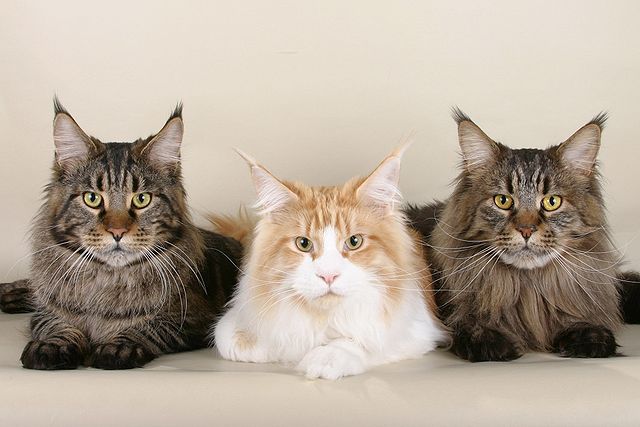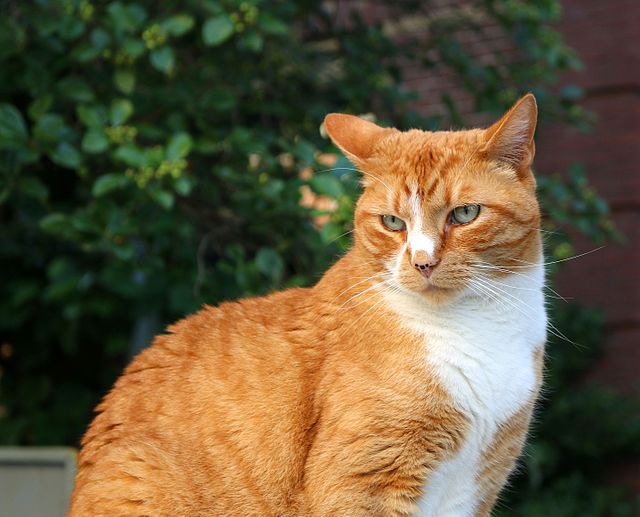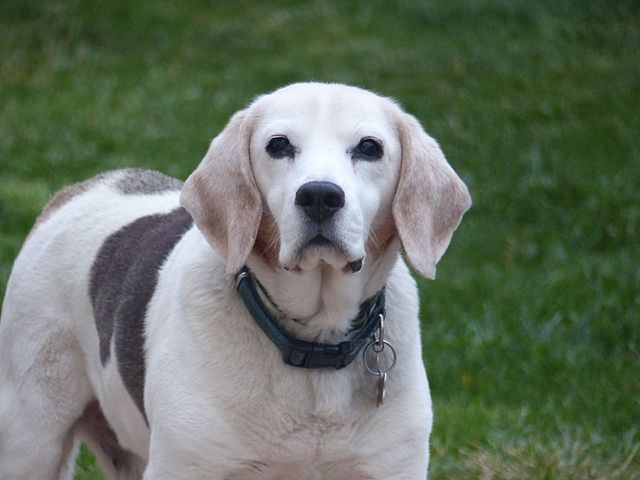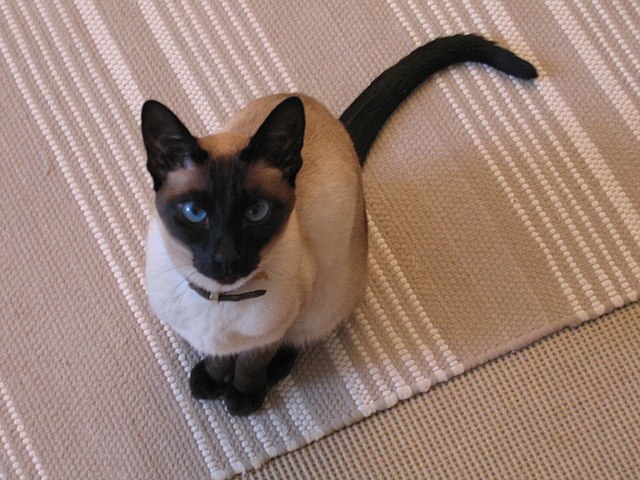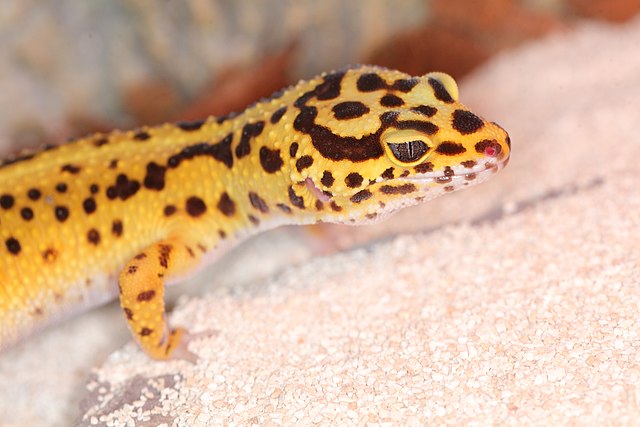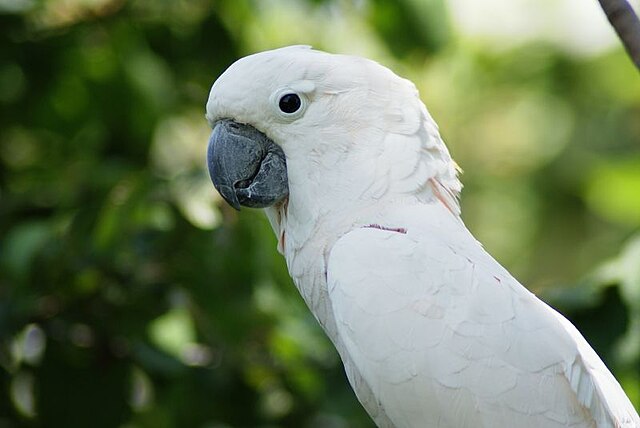As our beloved feline companions gracefully age, their dietary needs change. Just like humans, senior cats require special attention to maintain their health and vitality. Choosing the right senior cat food is essential to ensure they lead a happy and comfortable life in their golden years. In this comprehensive guide, we will explore the intricacies of senior cat nutrition and provide valuable insights into selecting the best senior cat food for your aging furry friend.
Understanding the Unique Needs of Senior Cats
Cats, like humans, undergo various changes as they age, and their nutritional requirements shift accordingly. Understanding the unique needs of senior cats is paramount to ensuring their well-being and happiness in their later years.
Digestive Health
Senior cats often experience changes in their digestive system. Their ability to absorb nutrients may decrease, leading to issues such as constipation or sensitive stomachs. To support digestive health, it’s crucial to choose cat foods with high-quality protein sources and added fiber. These elements promote a healthy digestive system, aiding in proper digestion and preventing discomfort.
Joint and Mobility Support
Arthritis and joint problems become more common in older cats, impacting their mobility and overall quality of life. To address this, senior cat foods often contain ingredients like glucosamine and chondroitin. These compounds are known for their ability to support joint health, reduce inflammation, and enhance mobility, allowing senior cats to move with ease and grace.
Dental Care
Dental issues are prevalent in senior cats, with problems ranging from tooth decay to gum diseases. Cats may also lose teeth as they age, making chewing difficult. To maintain dental health, opt for cat foods with specially designed kibbles. These kibbles have a texture that helps reduce tartar buildup and promotes healthy gums, ensuring that your senior cat can continue to enjoy their meals comfortably.
Weight Management
Senior cats are susceptible to weight gain due to decreased activity levels and changes in metabolism. Obesity can exacerbate other health problems and affect their overall well-being. When choosing senior cat food, prioritize options with controlled calorie content. A balanced diet, coupled with regular exercise, can help maintain a healthy weight and prevent obesity-related issues.
Hairball Control
Aging cats groom themselves less efficiently, leading to increased hairball formation. Hairballs can cause discomfort and digestive issues. Many senior cat food formulas include natural fibers such as cellulose or psyllium husk, which aid in reducing hairball formation. These fibers promote hairball elimination by facilitating the passage of ingested hair through the digestive tract, ensuring that your senior cat remains comfortable and free from hairball-related issues.
Cognitive Function
Senior cats may experience cognitive decline, leading to behaviors like disorientation or changes in sleep patterns. Certain nutrients, such as antioxidants and omega-3 fatty acids, are known to support brain health and cognitive function in senior cats. These nutrients can be found in specific senior cat food formulas, helping to maintain mental sharpness and cognitive abilities as your cat ages.
Understanding and addressing these unique needs through proper nutrition enable your senior cat to enjoy their golden years with vitality and comfort.
Prominent Cat Food Brands
When it comes to choosing cat food, a variety of reputable brands offer specialized formulas tailored to meet the unique needs of senior cats. Each of these brands comes with distinct strengths and advantages, ensuring that your aging feline companion receives the best possible nutrition and care.
Hill’s Science Diet for Senior Cats
Hill’s Science Diet stands out for its commitment to providing tailored nutrition for senior cats. Their formulas are meticulously crafted, offering a balanced blend of nutrients essential for aging cats. The brand focuses on antioxidants, ensuring a robust immune system, and controls phosphorus levels, crucial for supporting kidney health in older cats. Science Diet’s dedication to scientific research and quality ingredients makes it a go-to choice for many pet owners looking to prioritize their senior cats’ well-being.
Royal Canin Aging 12+ Cat Food
Royal Canin excels in understanding the specific needs of aging felines. Their Aging 12+ formula is a testament to this expertise. Enriched with targeted nutrients, this cat food supports various aspects of senior cat health. It contains antioxidants that promote brain health, essential fatty acids for a shiny coat, and easily digestible proteins for gentle digestion. Royal Canin’s meticulous approach to formulating cat food ensures that senior cats receive precise nutrition that addresses their individual requirements.
Purina Pro Plan Prime Plus Adult 7+ Cat Food
Purina Pro Plan Prime Plus is designed to cater to the needs of cats aged 7 and above. What sets this brand apart is its unique blend of antioxidants, prebiotic fibers, and omega-3 fatty acids. This combination supports a strong immune system, digestive health, and a radiant coat in senior cats. Purina Pro Plan’s dedication to research and innovation ensures that their formulas are not only delicious but also highly beneficial for the overall well-being of aging feline companions.

Blue Buffalo Freedom Grain-Free Senior Cat Food
Blue Buffalo Freedom Grain-Free formula focuses on providing senior cats with high-quality protein sourced from real meat. What makes it a popular choice is its grain-free nature, making it suitable for cats with food sensitivities or allergies. The absence of grains reduces the likelihood of digestive issues, ensuring that senior cats can enjoy their meals without discomfort. Blue Buffalo’s emphasis on natural ingredients and limited fillers appeals to pet owners seeking a wholesome and nutritious diet for their senior feline friends.
Nutro Wholesome Essentials Senior Dry Cat Food
Nutro Wholesome Essentials Senior formula emphasizes natural ingredients and essential nutrients for senior cats. It includes real chicken as the primary protein source, ensuring muscle maintenance and overall vitality. This cat food also incorporates antioxidants and essential fatty acids, promoting a healthy immune system and a shiny coat. Nutro’s commitment to using non-GMO ingredients and avoiding artificial preservatives makes it a preferred choice for pet owners seeking high-quality, natural nutrition for their senior cats.
Understanding the strengths and advantages of these prominent cat food brands empowers pet owners to make informed decisions. By choosing a brand that aligns with your senior cat’s specific needs and preferences, you are providing them with not just a meal, but a source of nourishment that enhances their quality of life during their golden years.
Selecting the Right Senior Cat Food
Selecting the appropriate senior cat food is a vital aspect of ensuring your aging feline friend’s health and happiness. With a plethora of options available, it’s essential to consider several key factors to make an informed decision tailored to your cat’s specific needs.
Protein Content
Protein is the cornerstone of a cat’s diet, especially for seniors who need ample protein to maintain muscle mass and overall body functions. Look for cat foods with high-quality protein sources, preferably real meat such as chicken, turkey, or fish. Avoid foods with excessive fillers like corn or soy, as these offer limited nutritional value.
Avoid Artificial Additives
Opt for senior cat foods that are free from artificial preservatives, colors, and flavors. Cats, especially seniors, can be sensitive to additives, and choosing natural options ensures gentler digestion and reduces the risk of allergic reactions or stomach upsets.
Limited Fillers
Cats are obligate carnivores, which means their diet should primarily consist of meat. Limited fillers like grains, corn, or soy should be avoided, as these provide little nutritional value to your senior cat. Instead, focus on cat foods that list meat as the primary ingredient and contain minimal fillers to ensure a balanced and wholesome diet.
Consult Your Veterinarian
Every cat is unique, and their nutritional requirements can vary based on factors such as age, weight, and health conditions. Consulting your veterinarian is crucial to understanding your senior cat’s specific needs. Your vet can recommend specialized senior cat food brands or formulations that address any underlying health concerns your cat might have, ensuring a diet tailored to their individual requirements.
Consider Wet Cat Food
Wet cat food, available in cans or pouches, can be an excellent option for senior cats. It has higher moisture content, aiding in hydration, which is essential for kidney function and overall well-being. Additionally, wet cat food tends to be more palatable, making it suitable for cats with dental issues or decreased appetite. Look for high-quality wet cat food options with real meat and limited additives.
Read Labels Carefully
Take the time to read the ingredient labels on cat food packaging. Look for recognizable, natural ingredients and avoid foods with vague or generic descriptions. Transparent labeling, indicating the specific meat sources and essential nutrients, helps you make an informed choice about your senior cat’s diet.
Monitor for Allergies and Sensitivities
Senior cats may develop allergies or sensitivities to certain ingredients over time. If you notice any adverse reactions, such as digestive problems, skin issues, or changes in behavior, consider switching to a cat food with different protein sources or limited ingredients. Novel protein formulas or hypoallergenic options can be beneficial in such cases.
Consider Specialized Formulas
Some senior cats may have specific health issues, such as kidney disease, joint problems, or diabetes. Specialized cat food formulas are available to address these concerns. For instance, renal support diets have controlled phosphorus levels, while joint health formulas contain supplements like glucosamine and chondroitin. Choosing a specialized formula can significantly improve your senior cat’s quality of life.
By considering these factors and being diligent in your research, you can select a senior cat food that not only meets your cat’s nutritional needs but also supports their overall health and well-being in their golden years. Remember, a well-informed decision today contributes to a happier and healthier tomorrow for your cherished feline companion.
Cat Food Alternatives for Senior Cats
Apart from traditional commercial cat food, there are several alternative dietary options that can cater to the specific needs of senior cats. These alternatives offer variety and can be tailored to address your aging feline companion’s individual health requirements and preferences.
Homemade Cat Food
Preparing balanced homemade cat food allows you to have complete control over the ingredients, ensuring your senior cat receives a nutritionally rich and customized diet. Consult your veterinarian to create a well-balanced recipe that includes high-quality proteins such as chicken, turkey, or fish. Incorporate vegetables like sweet potatoes and carrots for essential vitamins and minerals. Homemade cat food, when prepared carefully, can be an excellent option for senior cats, especially those with allergies or sensitivities to certain ingredients.
Wet Cat Food
Wet cat food, available in cans or pouches, contains higher moisture content compared to dry kibble. This extra hydration is beneficial for senior cats, as it supports kidney function and helps prevent urinary tract issues. Wet cat food is easier to chew and digest, making it suitable for senior cats with dental problems or missing teeth. Additionally, it often comes in various flavors, allowing you to find options that appeal to your cat’s taste preferences.
Raw Diet
Some pet owners opt for a raw diet, which consists of raw meat, bones, and organs. Advocates of raw feeding argue that it closely mimics a cat’s natural diet in the wild. However, it’s crucial to consult your veterinarian before transitioning your senior cat to a raw diet. A raw diet requires careful planning to ensure it meets all of your cat’s nutritional needs, including essential vitamins and minerals. Raw feeding should be approached cautiously, considering factors such as food safety and potential bacterial contamination.

Senior Cat Supplements
In addition to regular cat food, senior cat supplements can be incorporated to address specific health concerns. Omega-3 fatty acid supplements support joint health and promote a glossy coat. Joint supplements containing glucosamine and chondroitin can enhance mobility and ease arthritis discomfort. Multivitamins tailored for senior cats can fill potential nutritional gaps. Always consult your veterinarian before introducing any supplements to your cat’s diet, as excessive amounts of certain nutrients can have adverse effects.
5.Prescription Diets
If your senior cat has a specific medical condition such as kidney disease, diabetes, or gastrointestinal issues, your veterinarian might recommend prescription diets. These specialized cat foods are formulated to manage or alleviate specific health problems. Prescription diets typically have controlled levels of certain nutrients to support the management of chronic diseases. While they are usually pricier than regular cat food, they are invaluable for cats with ongoing health concerns and should be used under the guidance of a veterinarian.
Rotational Feeding
Rotational feeding involves regularly changing your cat’s diet by offering a variety of cat food brands, protein sources, and formulations. This approach can prevent dietary sensitivities from developing and keeps your cat engaged and interested in mealtime. By rotating between high-quality cat food options, you provide your senior cat with a diverse range of nutrients, promoting overall health and reducing the risk of developing allergies to specific ingredients.
Before making any significant changes to your senior cat’s diet, consult your veterinarian to ensure the chosen alternative cat food option aligns with their health needs and dietary requirements. Your vet can provide valuable guidance and help you create a balanced and tailored feeding plan that caters to your aging feline friend’s unique nutritional needs.
Conclusion
Choosing the right senior cat food is an essential aspect of ensuring your aging feline companion’s well-being. By understanding their unique needs and selecting a high-quality, tailored diet, you can provide your senior cat with the best possible care during their twilight years.



